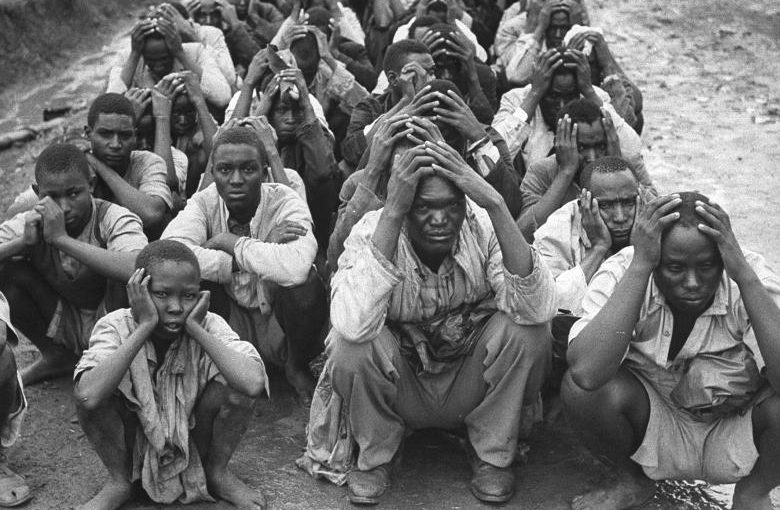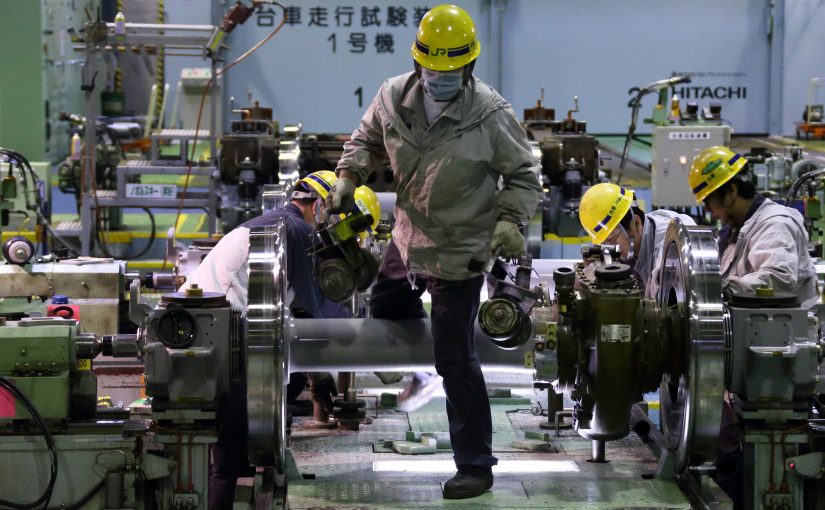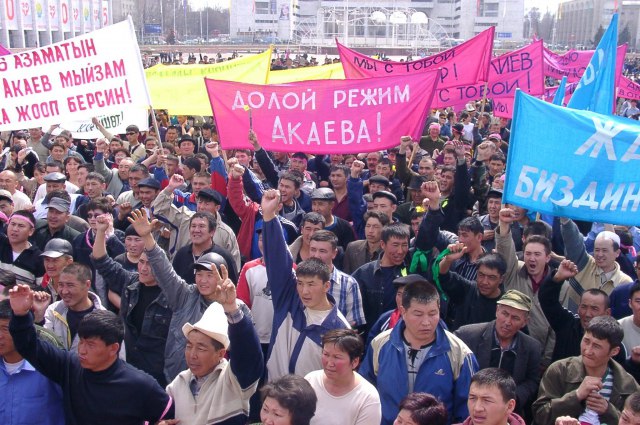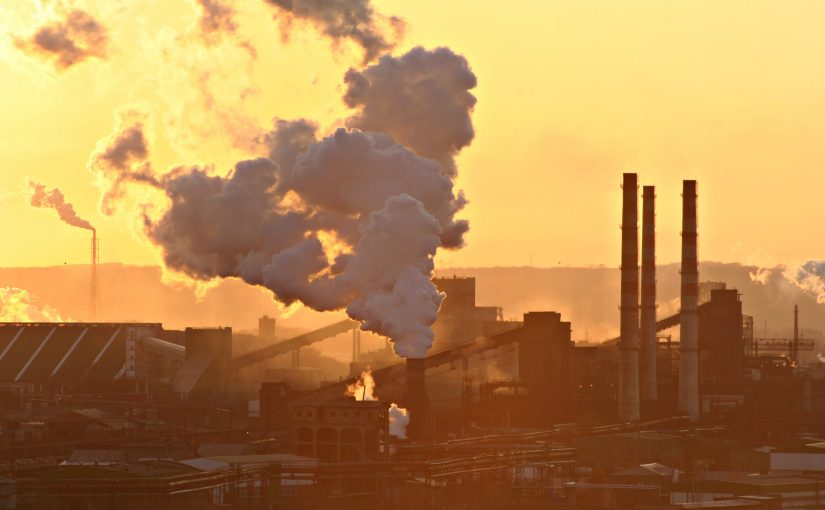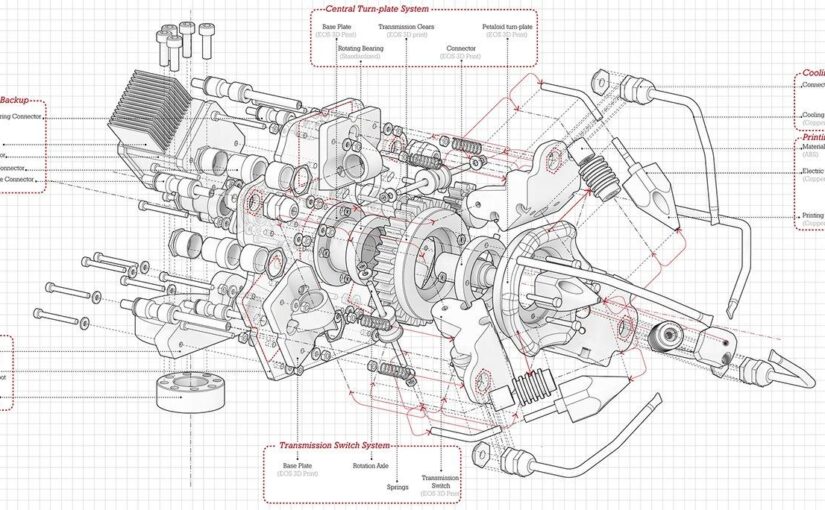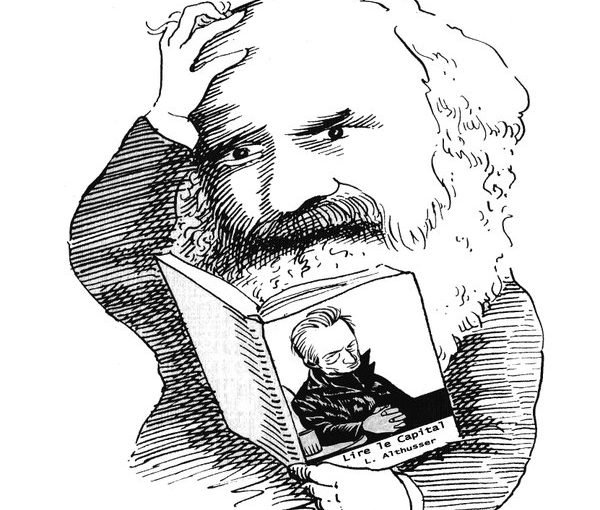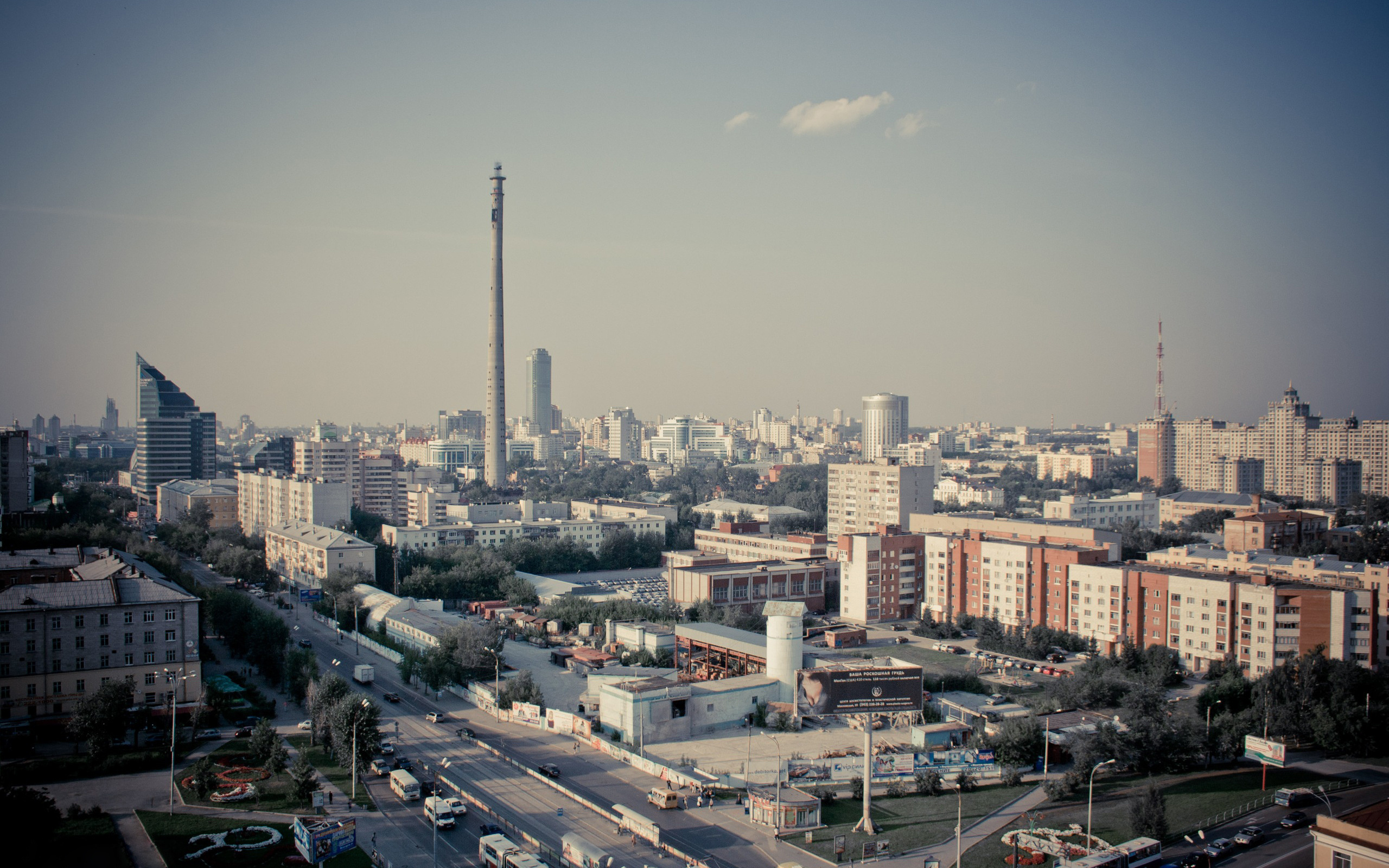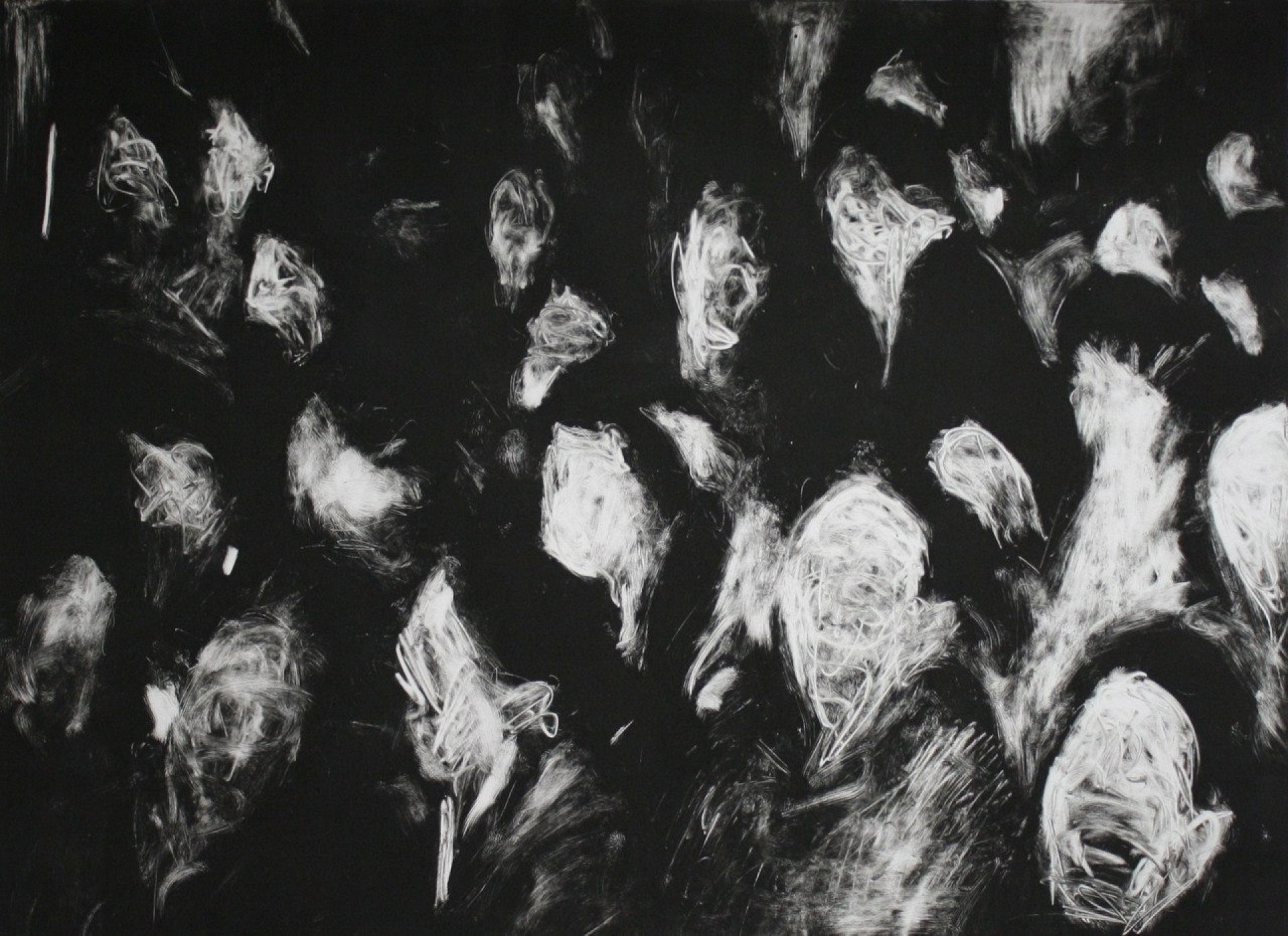This particular article was written in 2015 and two years later the Russian capital has not brought anything new. Additionally, in the article that is called “Russian Cartel” we depicted only formal changes regarding the relations between mining and manufacturing industries, and population’s income, exchange rate and centralization of the capital.
The purpose of this article “The Capitalist Mode of Production in Russia” remains the same — the disproof of the common myths around the Russian socioeconomic picture. There are six main thesis that we propose:
1) Despite the disproportionate development, the bourgeois historical mission for the industrialization of the economy and the expropriation of peasants was already carried out in the Soviet Union.
2) The collapse of USSR and transition to a new form of the market economy were necessary events.
3) The deindustrialization of the 90’s does not necessary mean the historical step backwards for a nation which has already developed its basis.
4) The Modern Russia had carried out the negation о the Soviet model in form (revolution in the superstructure, property, etc.), but retained its imperialist content (export of goods and capital, and state inflation).
5) Due to abolishment of the state monopoly on the foreign trade and inclusion of the private owners into world market in full scale, the production cycles (prosperity and crisis) in Russia has closely approached to the world’s level (1998, 2009).
6) The structural changes led to the temporal activation of proletariat and uncovered the new currents of the mass movements that are multiclass in some degree.
These theses are fully disclosed in the text itself. Unfortunately, the references and tables that were used in the process of creating this article were not included in the English version due to the fact that the most of them in Russian language. However, for further information about materials that were used you can check the original version.
post-cap 2017
Читать далее The Capitalist Mode of Production in Russia


